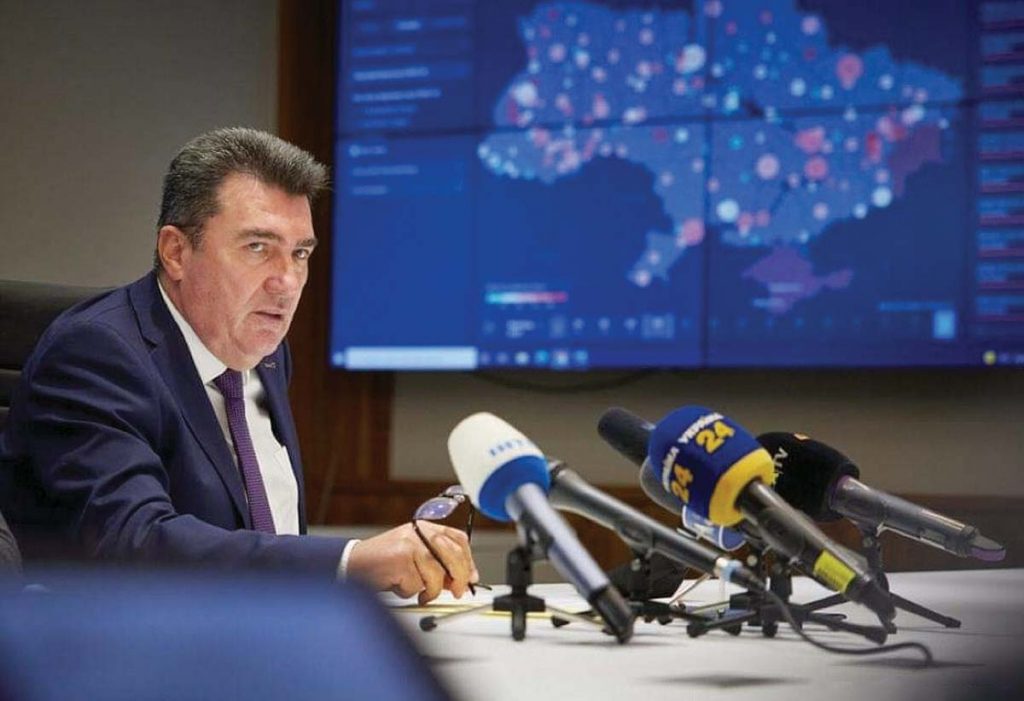KYIV – At its latest meeting on October 15, Ukraine’s National Security and Defense Council (NSDC) approved a Defense Plan for the country that has been germinating for two years, the first of its kind since independence was restored in 1991. Another round of sanctions was announced that target people in occupied territory who are...

